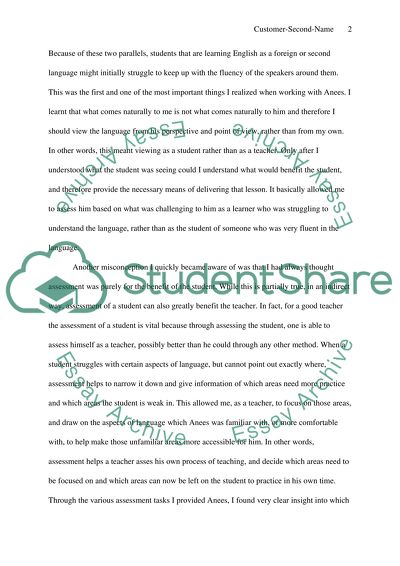Cite this document
(“Language Assessment Principles Essay Example | Topics and Well Written Essays - 1000 words - 4”, n.d.)
Retrieved from https://studentshare.org/education/1427940-reflective-essay
Retrieved from https://studentshare.org/education/1427940-reflective-essay
(Language Assessment Principles Essay Example | Topics and Well Written Essays - 1000 Words - 4)
https://studentshare.org/education/1427940-reflective-essay.
https://studentshare.org/education/1427940-reflective-essay.
“Language Assessment Principles Essay Example | Topics and Well Written Essays - 1000 Words - 4”, n.d. https://studentshare.org/education/1427940-reflective-essay.


